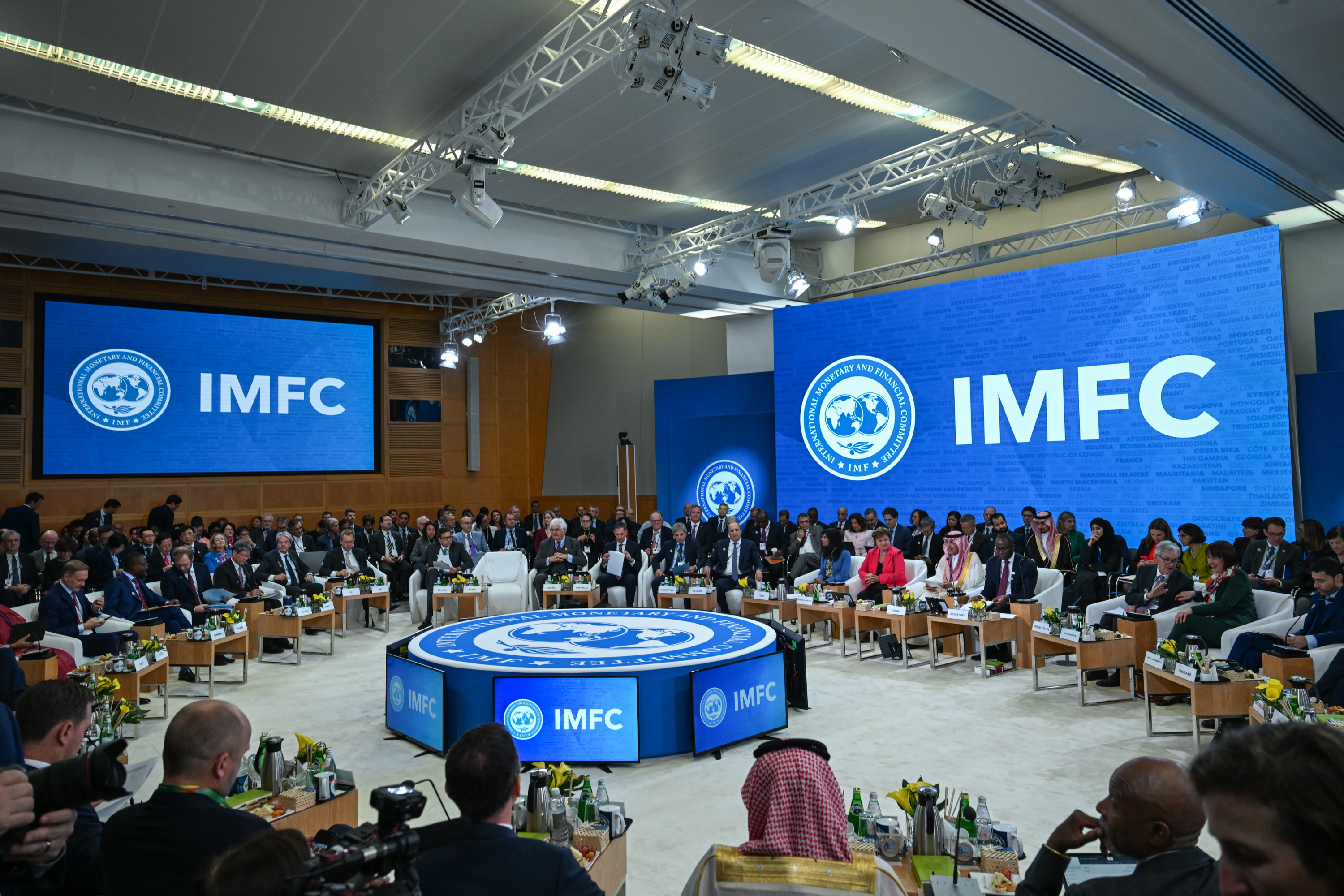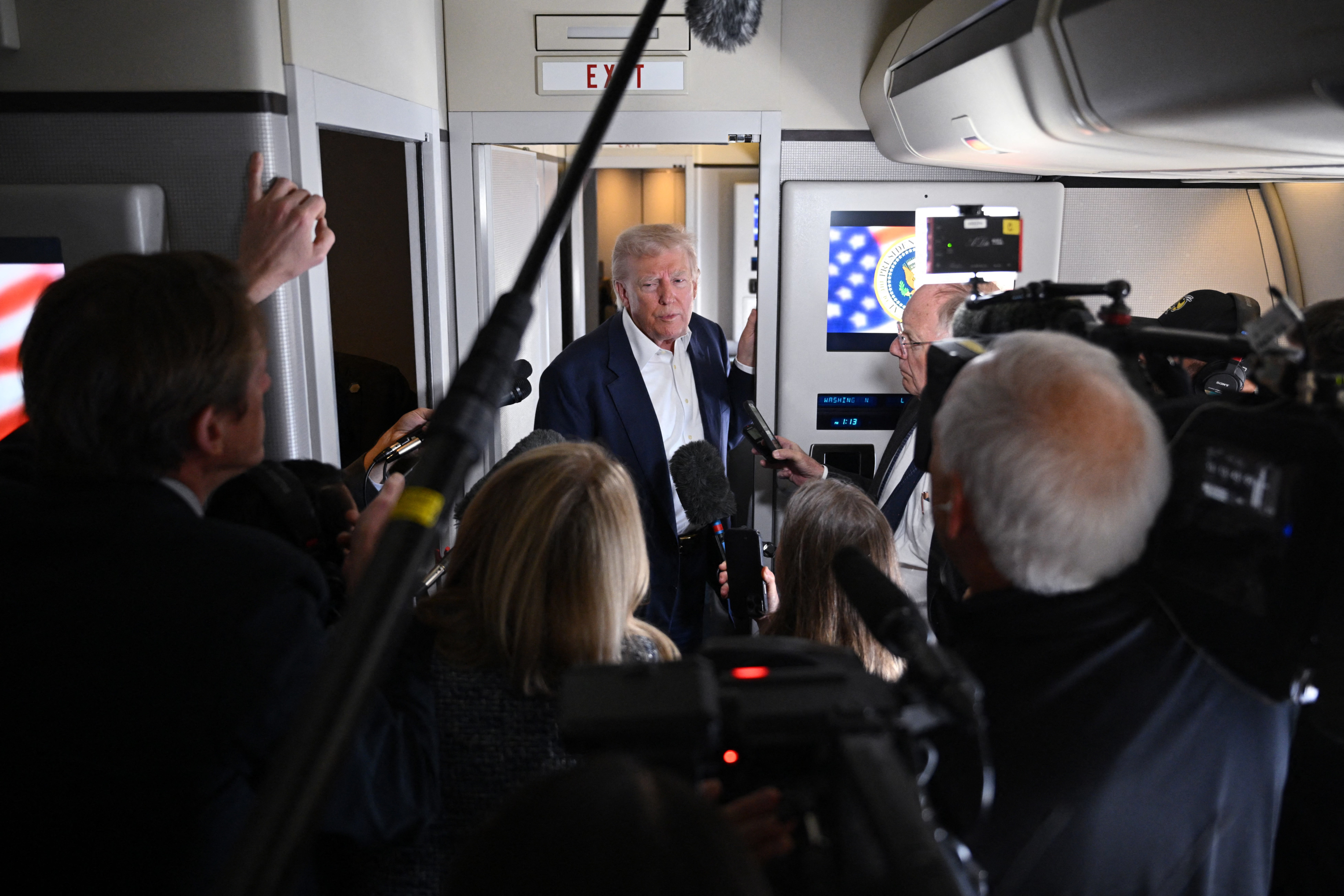America's financial leadership is faltering: Will the dollar cease to be a safe haven currency?

For decades, the United States' hegemony has been based not only on its economic power, but also on its ability to cooperate and sustain strategic alliances with its partners. The dollar, as the world's most powerful currency, has been one of its most effective tools: used for international trade, commodity pricing, access to credit markets, and as a vehicle for international reserves.
(Don't miss: Who benefits from a global dollar? )
This privileged position has led to high global demand for dollar-denominated assets, particularly for U.S. Treasury bonds. This demand generates what economists call a convenience yield: international investors accept lower monetary returns for the benefit of holding assets that are safe, liquid, and widely accepted.

The dollar has historically been a modern safe haven. Photo: iStock
In other words, the world has been willing to pay a premium for access to the dollar and its financial instruments. Because even though other assets might offer higher returns, many central banks prioritize stability and strategy over profitability. In Colombia, for example, more than 85% of international reserves are in dollars. Countries like Ecuador and Panama have gone further and have adopted the dollar as their local currency or have closely linked it to their monetary policy.
However, this balance is beginning to show signs of strain . This global reliance on the dollar also has a domestic cost for the US: a strong currency makes its exports more expensive and limits its competitiveness. Donald Trump has openly criticized this form of hegemony, focusing on the costs involved but failing to fully appreciate its strategic benefits.

Trump has hinted at a possible US withdrawal from the IMF. Photo: EFE
His America First vision has brought an abrupt shift toward isolation, the withdrawal of international cooperation, and the unilateral imposition of conditions, as evidenced by the US withdrawal from the WHO or the recent demands on Ukraine for critical minerals in exchange for support.

Trump's "America First" vision could isolate the country. Photo: AFP
The result is a profound redefinition of international relations: less collaboration, more imposition. In just a few weeks, the cooperative leadership that characterized the United States for decades has been blurred. The impact is not limited to trade: it is undermining confidence in the dollar as a safe haven currency. Today, as stock prices fall and uncertainty increases, investors are not rushing to Treasury bonds as they have in other crises. In fact, the dollar has lost value, suggesting a decline in its relative desirability.
The warning signs are even growing. Trump has hinted at a possible withdrawal from the International Monetary Fund, where the dollar represents 43% of the Special Drawing Rights (SDR) , the IMF's multilateral reserve. If this withdrawal materializes, demand for dollars as a global reserve asset would fall even further, further weakening its hegemony.
Faced with this new scenario, Colombia has chosen not to directly confront US tariffs, a prudent decision given our limited negotiating capabilities. But this does not mean we should remain immobile. If the US is leaving leadership vacuums, other countries will fill them. Colombia must prepare for this geoeconomic transition. A key step will be to rethink the composition of our international reserves, anticipating a possible reorganization of the global monetary system.
Professor of the Department of Business Administration at the Pontificia Universidad Javeriana.
eltiempo





